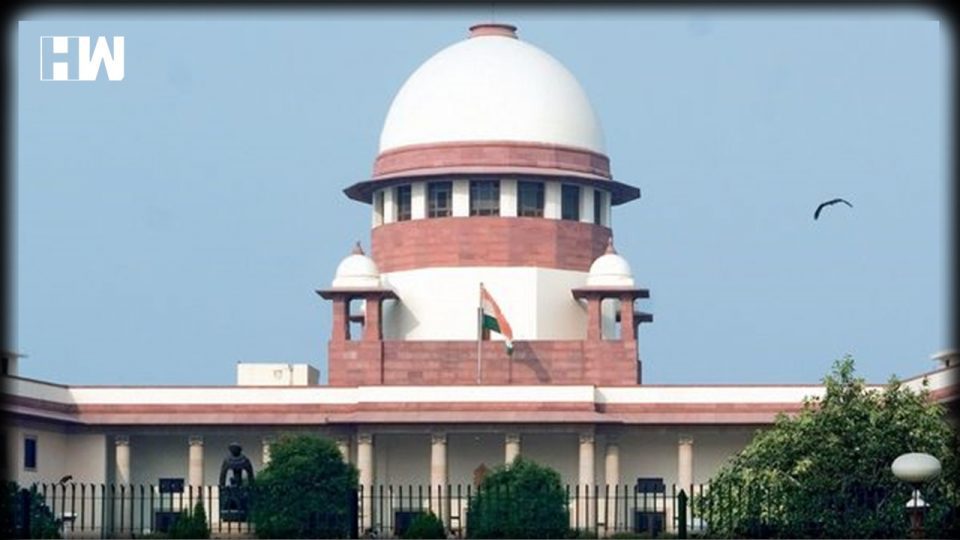New Delhi: A Special Leave Petition has been filed in Supreme Court challenging Karnataka High Court’s verdict over hijab. The Karnataka High Court in its verdict over hijab row on March 15 has stated that ‘wearing Hijab not an essential religious practice.’ High Court dismissed writ petitions filed by Muslims girl students, seeking permission to wear Hijab in colleges. Court holds prescription of uniform as a reasonable restriction. On this, Union Minister Pralhad Joshi appeals everyone to accept the order and maintain peace.
The special leave petition has been field by a Muslim student named Niba Naaz through Advocate-on-Record Anas Tanwir.
The Court further held that prescription of school uniform by the State is a valid restriction on the students under the student’s rights under Article 25 and thus, the Government Order issued by the Karnataka government dated February 5 is not violative.
Accordingly, the Court has dismissed the petitions filed by Muslim girl students, challenging the action of a government PU colleges in denying their entry for wearing a hijab (headscarf).
Chief Justice Ritu Raj Awasthi read out the operative portion of the judgment in the open court as follows: “Our answers to the questions are, wearing of Hijab by Muslim women does not form Essential Religious Practice in Islamic faith. Our second answer is prescription of school uniform is only a reasonable restriction, constitutionally permissible which students cannot object to. In view of the above, the government has power to issue the GO of February 5 and no case is made out for its invalidation. All writ petitions being devoid of merits are dismissed”.
The state government has banned large gatherings for a week in state capital Bengaluru “to maintain public peace and order”. Mangalore too has banned large gatherings from March 15 to 19. The Udupi district administration has declared a holiday in schools and colleges today.
The Special Leave Petition raises the argument that the Karnataka Education Act does not mandate uniforms in colleges and does not confer any power to the Government to issue the Government Order dated February 5 in which it was observed that Hijab was not an essential practice.
The High Court has failed to note that the right to wear a Hijab is protected as a part of the right to conscience under Article 25 of the Constitution. It is submitted that since the right to conscience is essentially an individual right, the ‘Essential Religious Practices Test’ ought not to have been applied by the Hon’ble High Court in this instant case.
As an independent media platform, we do not take advertisements from governments and corporate houses. It is you, our readers, who have supported us on our journey to do honest and unbiased journalism. Please contribute, so that we can continue to do the same in future.

